This website uses cookies so that we can provide you with the best user experience possible. Cookie information is stored in your browser and performs functions such as recognising you when you return to our website and helping our team to understand which sections of the website you find most interesting and useful.
Our loss prevention cargo publications cover topics such as cargo securing, stowage, packaging and handling best practice, helping you to protect your cargo through every stage of its journey. The expertise of our loss prevention team can help enhance the safety and security of cargo operations and minimise potential losses whatever your cargo, from steel to soybeans.
Loss prevention insight on tanker ship coatings outlining the primary types of tank coatings, their basic properties and limitations.
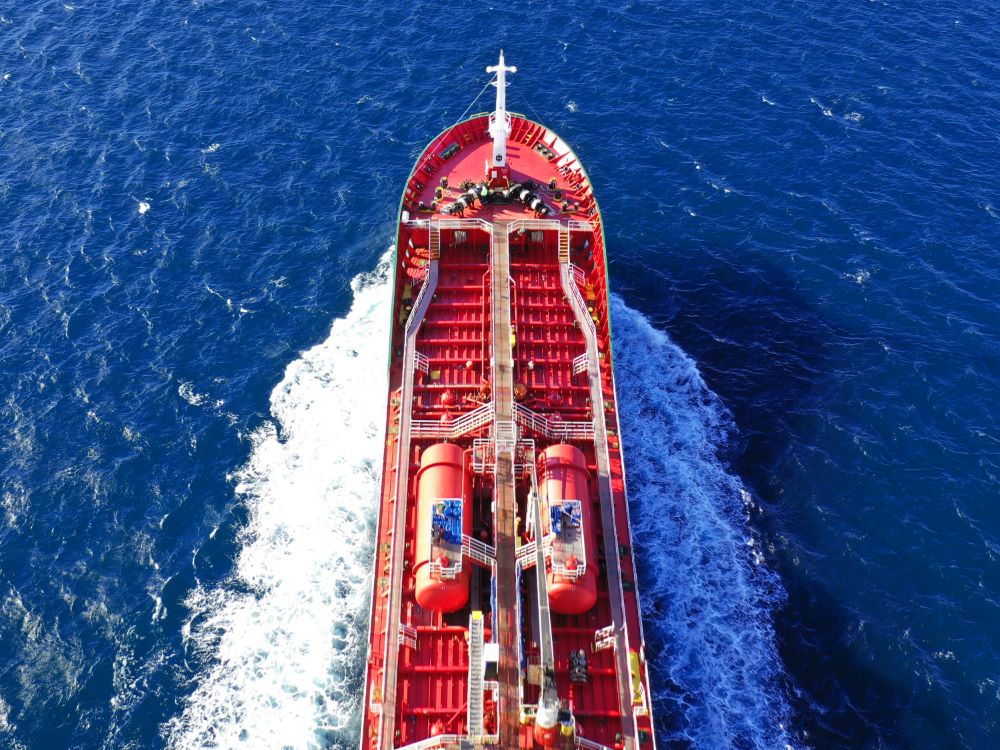
Loss prevention insight on tanker ship coatings outlining the primary types of tank coatings, their basic properties and limitations.
Published: 28 August 2024
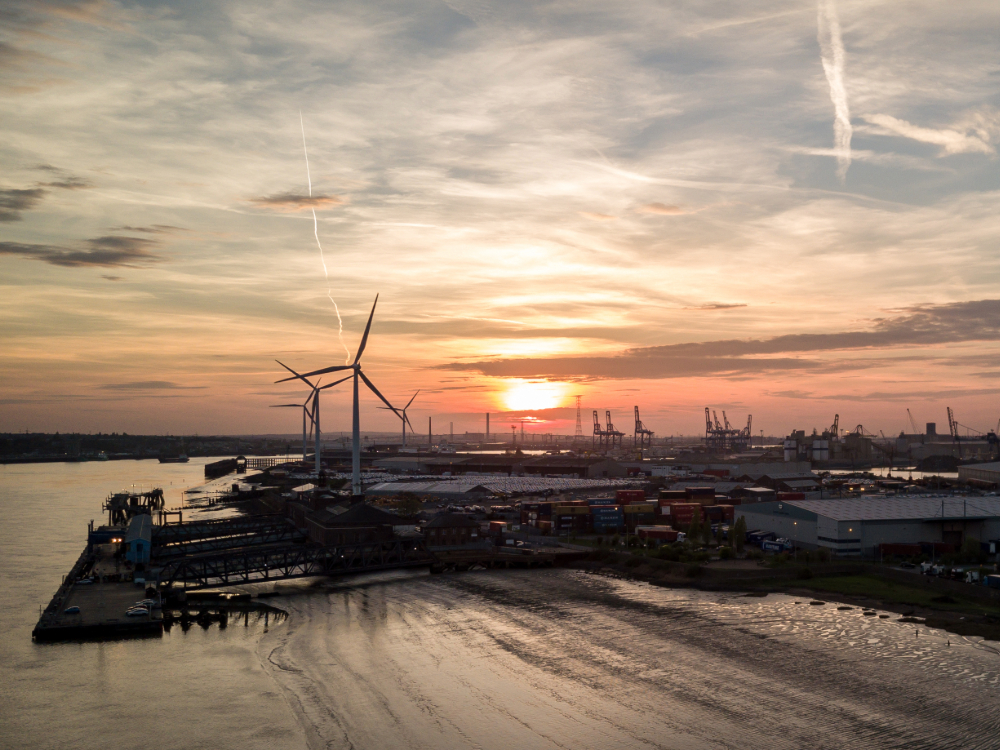
LOSS PREVENTION GUIDANCE – PRECAUTIONS FOR NAABSA
Often, when a ship calls at a port or berth, it is conventionally expected that the ship should arrive, dock for cargo operations, and depart safely with minimum disruption. Typically, … Continue reading LOSS PREVENTION GUIDANCE – PRECAUTIONS FOR NAABSA
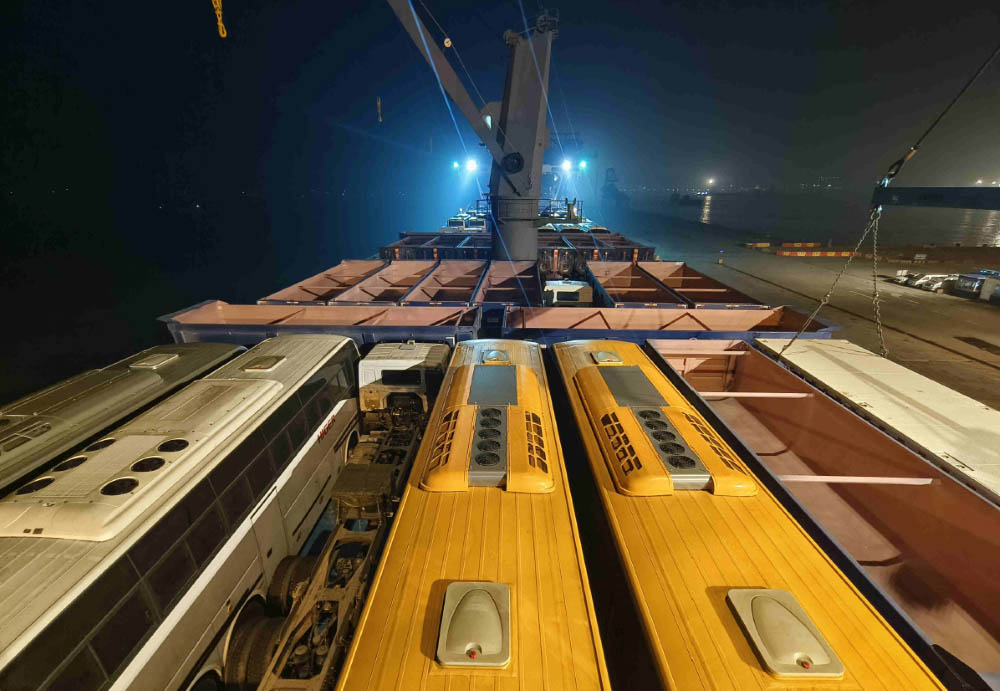
DECK CARGOES AND THE RISK OF WATER ENTRAPMENT – ADDRESSING DECK CARGO LIABILITY
Deck cargoes present a significant risk of water entrapment, highlighting the complexities of maritime logistics. Ensuring proper handling and stowage of deck cargo is paramount to mitigate potential hazards . … Continue reading DECK CARGOES AND THE RISK OF WATER ENTRAPMENT – ADDRESSING DECK CARGO LIABILITY
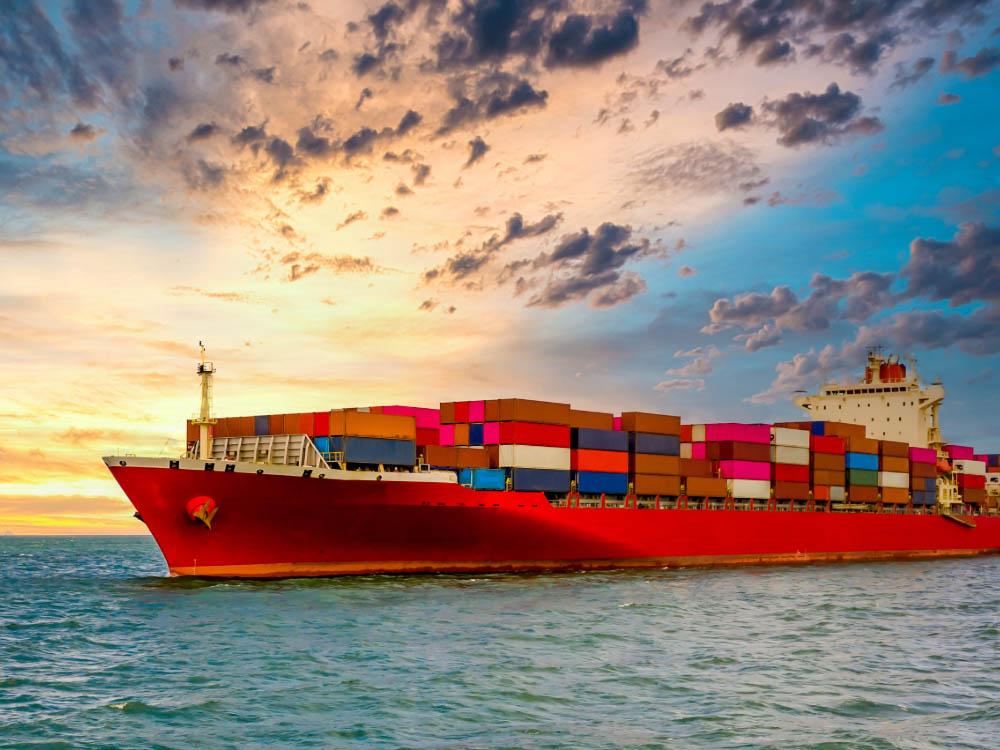
CARGO FUMIGATION IN CONTAINERS
The surge in popularity of container shipping stems from its convenience and fast turnaround time. This transportation method utilises standardised cargo transport units (CTUs) to facilitate seamless handling, transportation, and … Continue reading CARGO FUMIGATION IN CONTAINERS
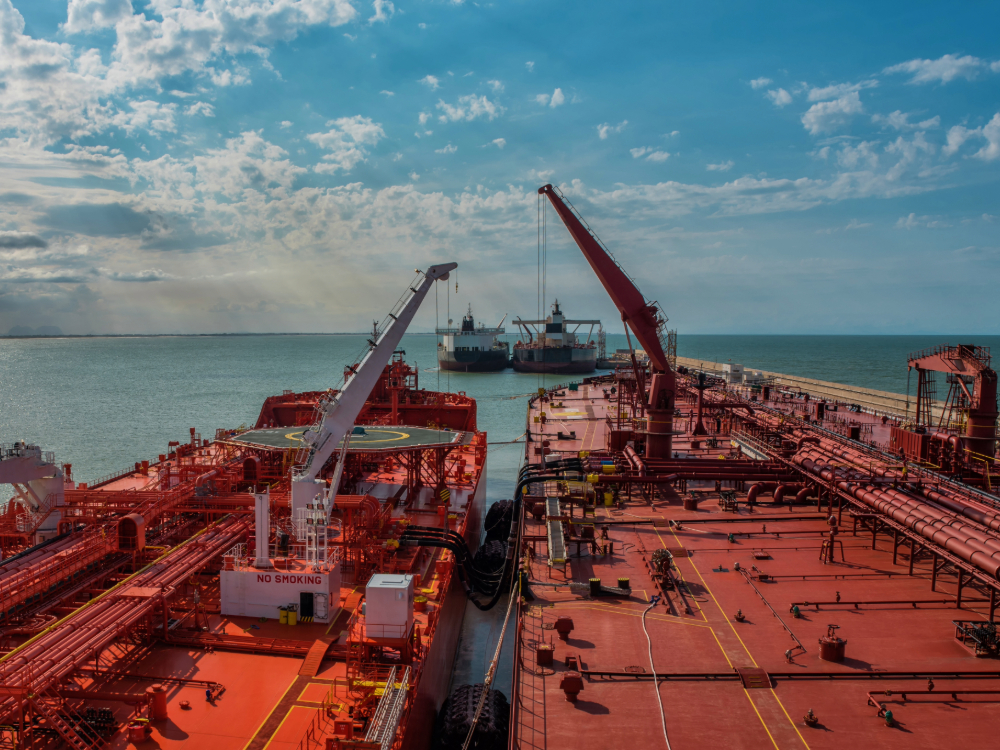
SAFE SHIP TO SHIP (STS) TRANSFER OPERATIONS GUIDANCE
A ship to ship (STS) transfer operation is the transfer of cargo between two ships alongside each other, either while stationary or underway. Bringing two ships together and separating them … Continue reading SAFE SHIP TO SHIP (STS) TRANSFER OPERATIONS GUIDANCE

FLIGHTED SPONGY MOTH COMPLEX (FSMC) SEASON 2024 – FORMERLY ASIAN GYPSY MOTH
The Lymantria Dispar, also known as the Flighted Spongy Moth Complex (FSMC), formerly known as the Asian Gypsy Moth, is a species of moths, native to China, far-East Russia, and … Continue reading FLIGHTED SPONGY MOTH COMPLEX (FSMC) SEASON 2024 – FORMERLY ASIAN GYPSY MOTH
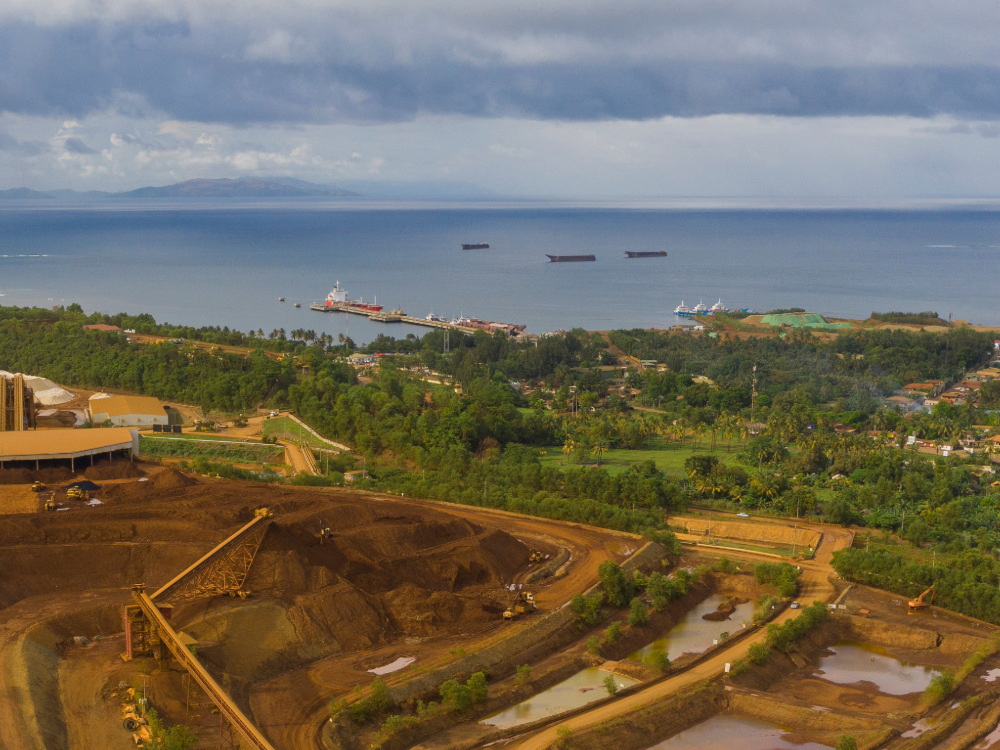
NICKEL ORE LOADING PRECAUTIONS DURING THE PHILIPPINES TYPHOON SEASON
The Philippines is one of the largest exporters of nickel ore. Concerns have been voiced by various industry bodies regarding the reliability of cargo declarations, certificates of Transportable Moisture Limit … Continue reading NICKEL ORE LOADING PRECAUTIONS DURING THE PHILIPPINES TYPHOON SEASON
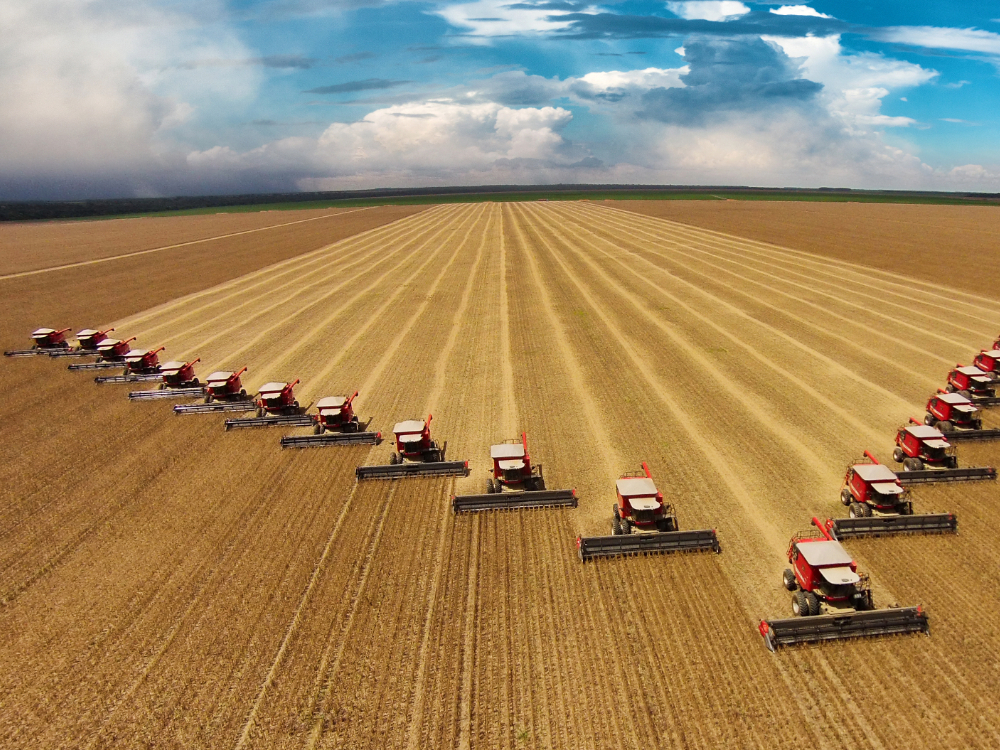
SEASONAL CARGOES: BRAZILIAN SOYBEAN, WHEAT AND FERTILISER
In the upcoming months, shipowners and masters are reminded of the anticipated surge in seaborne trade volumes, attributed to the seasonality of Brazilian soybean, wheat and fertiliser. This article aims … Continue reading SEASONAL CARGOES: BRAZILIAN SOYBEAN, WHEAT AND FERTILISER
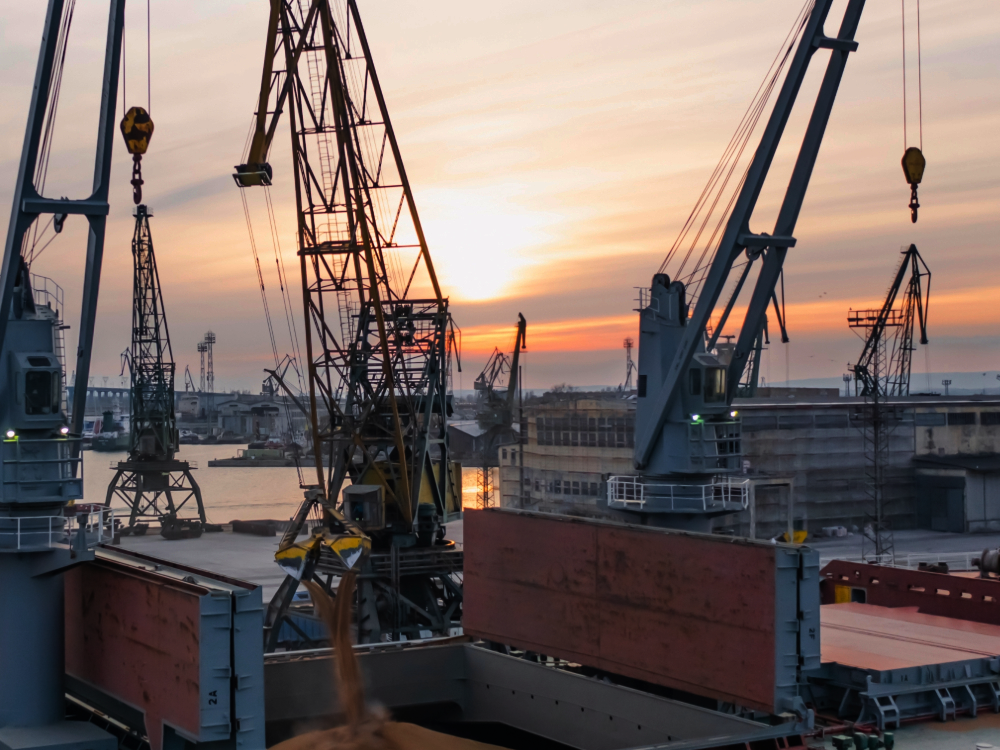
LOSS PREVENTION INSIGHT – CRANE INCIDENTS AN OVERVIEW FOR THE MARITIME SECTOR
Loss prevention insight on the importance of inspection, maintenance, and certification of cranes on ships for safe and efficient operations.
Published: 30 January 2024
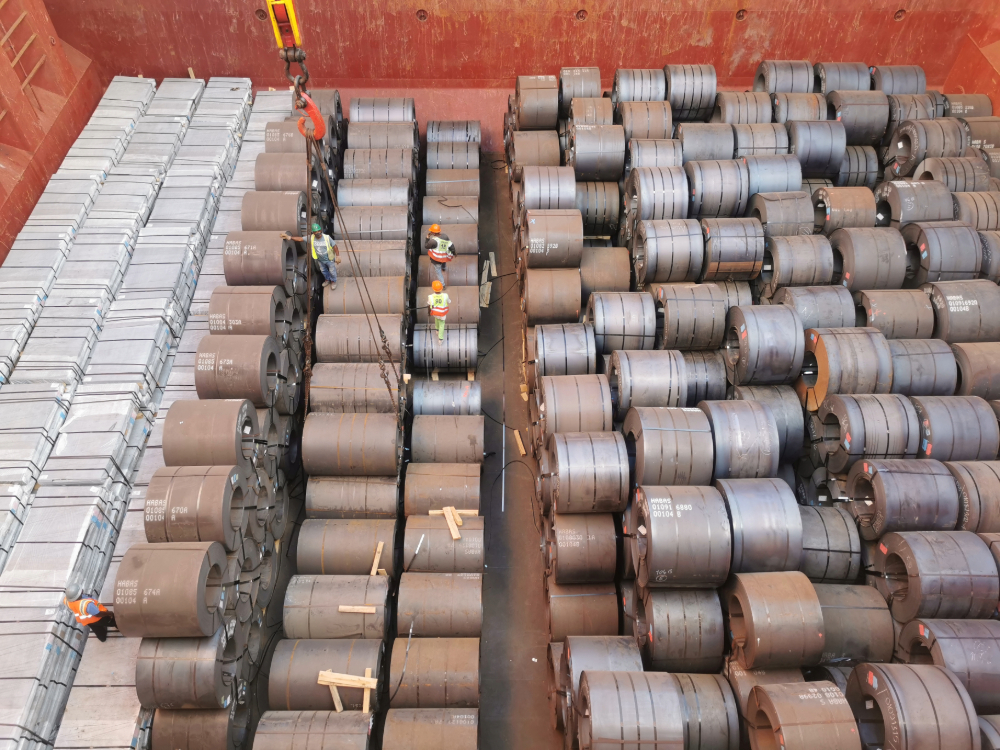
The Britannia Loss Prevention team hosted its latest webinar, Carriage of Steel Cargo. Carriage of Steel Cargo | Tuesday 30 January 2024 at 09.00 GMT The webinar was hosted by … Continue reading BRITANNIA LOSS PREVENTION WEBINAR: CARRIAGE OF STEEL CARGO, ADVICE FOR SHIPOWNERS – INSIGHTS ON CLAIMS

Published: 11 January 2024

CARGO HOLD CLEANING STANDARDS: HOLD WASHING, INSPECTION AND POLLUTION PREVENTION
Ensuring cargo holds are cleaned to appropriate standards is an essential for shipowners operating bulk carriers. Failure to meet these standards can lead to cargo damage, noncompliance with regulations, pollution, … Continue reading CARGO HOLD CLEANING STANDARDS: HOLD WASHING, INSPECTION AND POLLUTION PREVENTION

DRAFT SURVEY CALCULATION – PRACTICAL GUIDANCE
WHAT IS THE PURPOSE OF A DRAFT SURVEY? Draft surveys play a crucial role in determining the quantity of cargo loaded onto a ship. While based on the simple principle … Continue reading DRAFT SURVEY CALCULATION – PRACTICAL GUIDANCE

SAFE CARRIAGE OF ENERGY STORAGE UNITS, CONTAINING LITHIUM-ION BATTERIES, ON BULK CARRIERS
Lithium-Ion batteries have gained significant attention in recent years due to their pivotal role in the global shift towards sustainability, as well as their association with certain fire risks relating … Continue reading SAFE CARRIAGE OF ENERGY STORAGE UNITS, CONTAINING LITHIUM-ION BATTERIES, ON BULK CARRIERS
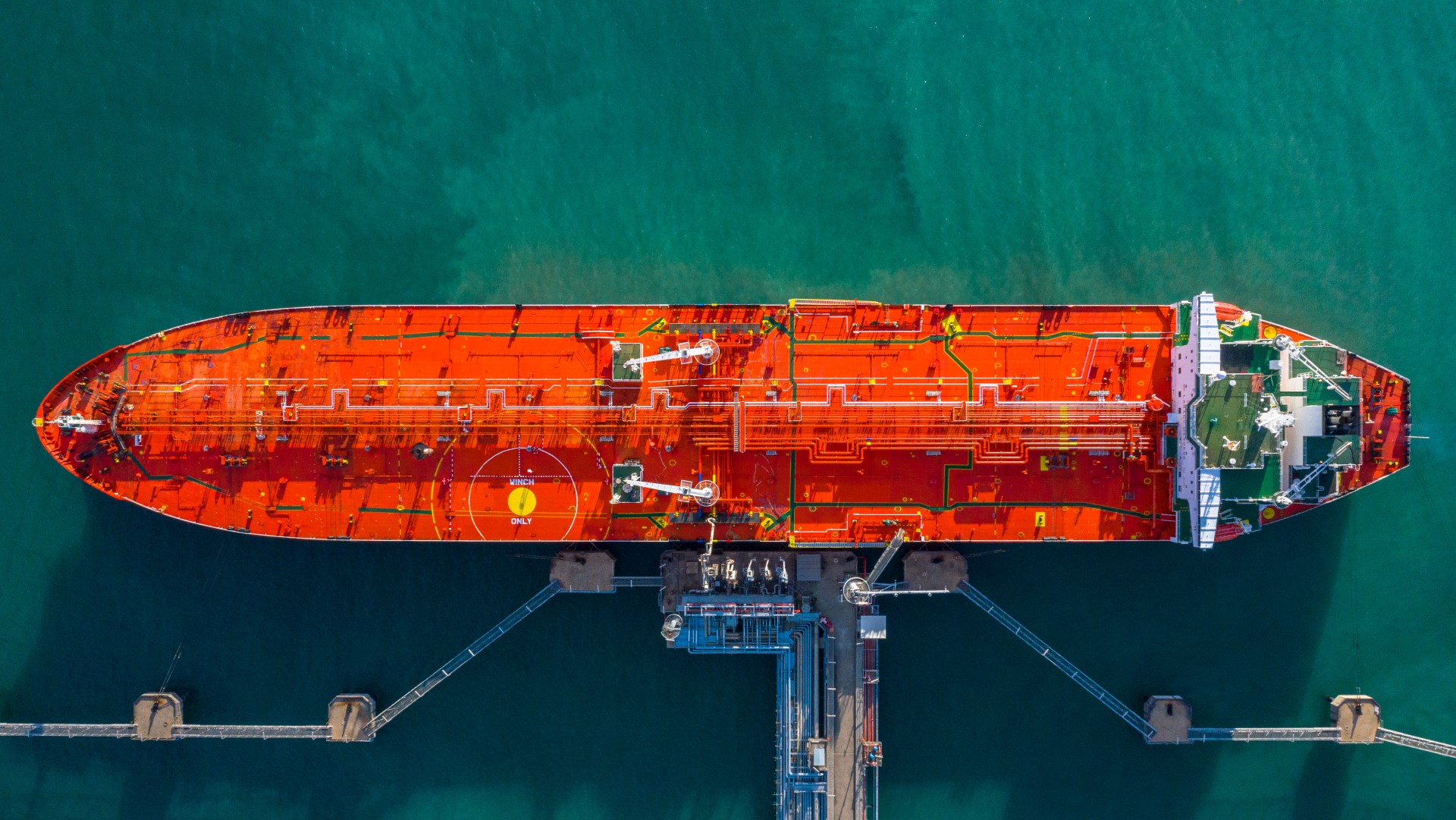
LOSS PREVENTION INSIGHT – FUMIGATION AN OVERVIEW FOR THE MARITIME SECTOR
Loss prevention Insight on fumigation in general, toxicity symptoms, fire and explosion risk and preventive measures
Published: 5 October 2023
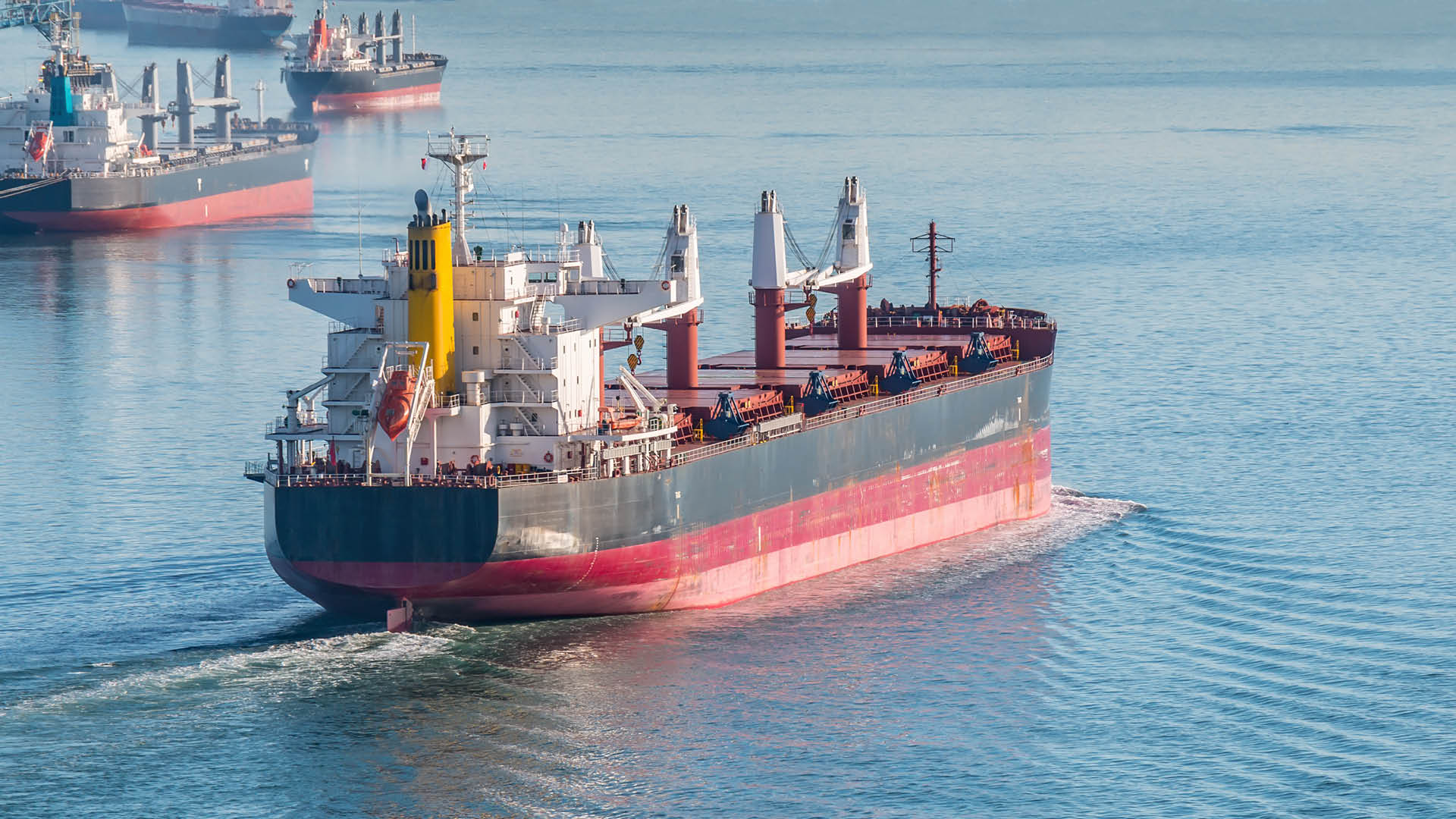
HEAT DAMAGE TO AGRICULTURAL CARGOES ON BOARD AND HOW TO AVOID IT
Fuel consumed on board a ship requires heating to pump it from its storage to its settling or service tanks. However, some cargoes are extremely heat sensitive and therefore heating … Continue reading HEAT DAMAGE TO AGRICULTURAL CARGOES ON BOARD AND HOW TO AVOID IT

Published: 25 September 2023 Updated: 20 October 2023
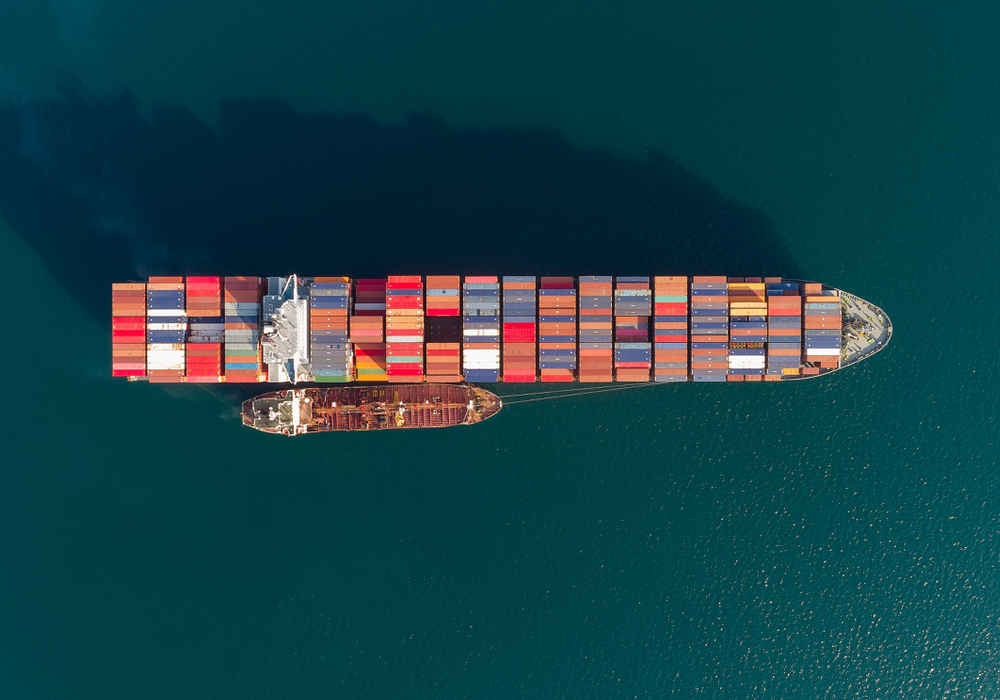
SAFE CARRIAGE OF FLEXITANKS IN CONTAINERS GUIDANCE
The transport of liquids in flexitanks has become a common practice on board container carriers. However, the Club has seen several claims resulting from leaking of flexitanks which are mostly … Continue reading SAFE CARRIAGE OF FLEXITANKS IN CONTAINERS GUIDANCE
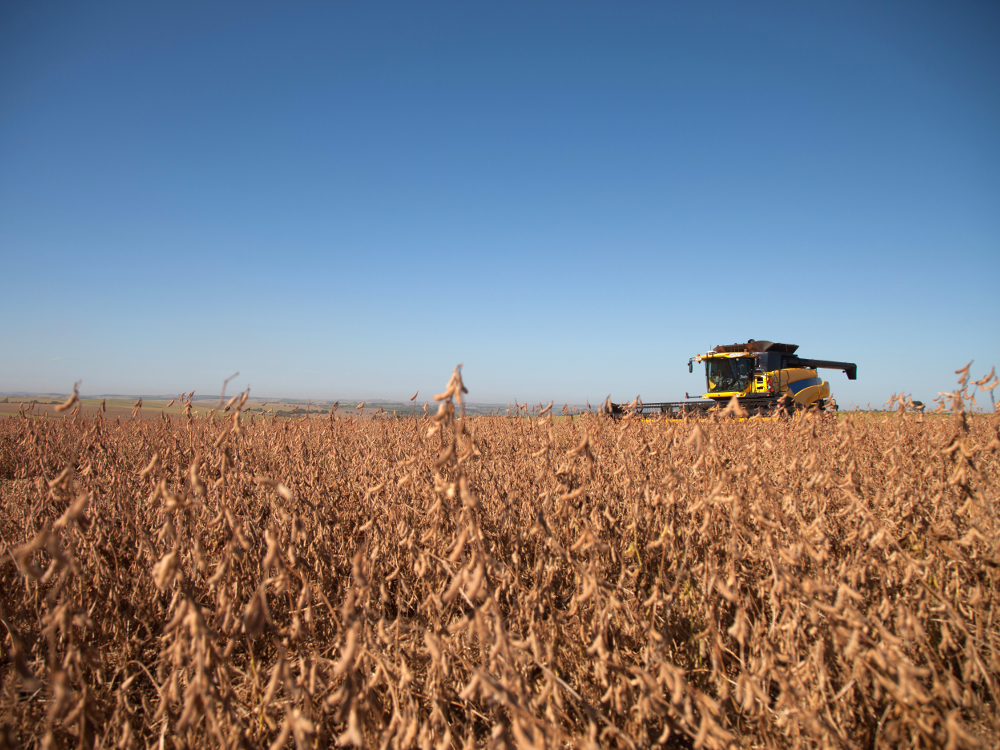
BRAZIL: UPDATE ON SOYBEAN SPECS FOR EXPORT 2023
Our correspondent in Brazil, Brazmar, has advised that the Brazilian Ministry of Agriculture, Livestock and Supply has opened to consultation, via Ordinance No. 532/2022, possible changes to the current official … Continue reading BRAZIL: UPDATE ON SOYBEAN SPECS FOR EXPORT 2023

Published: 20 July 2023
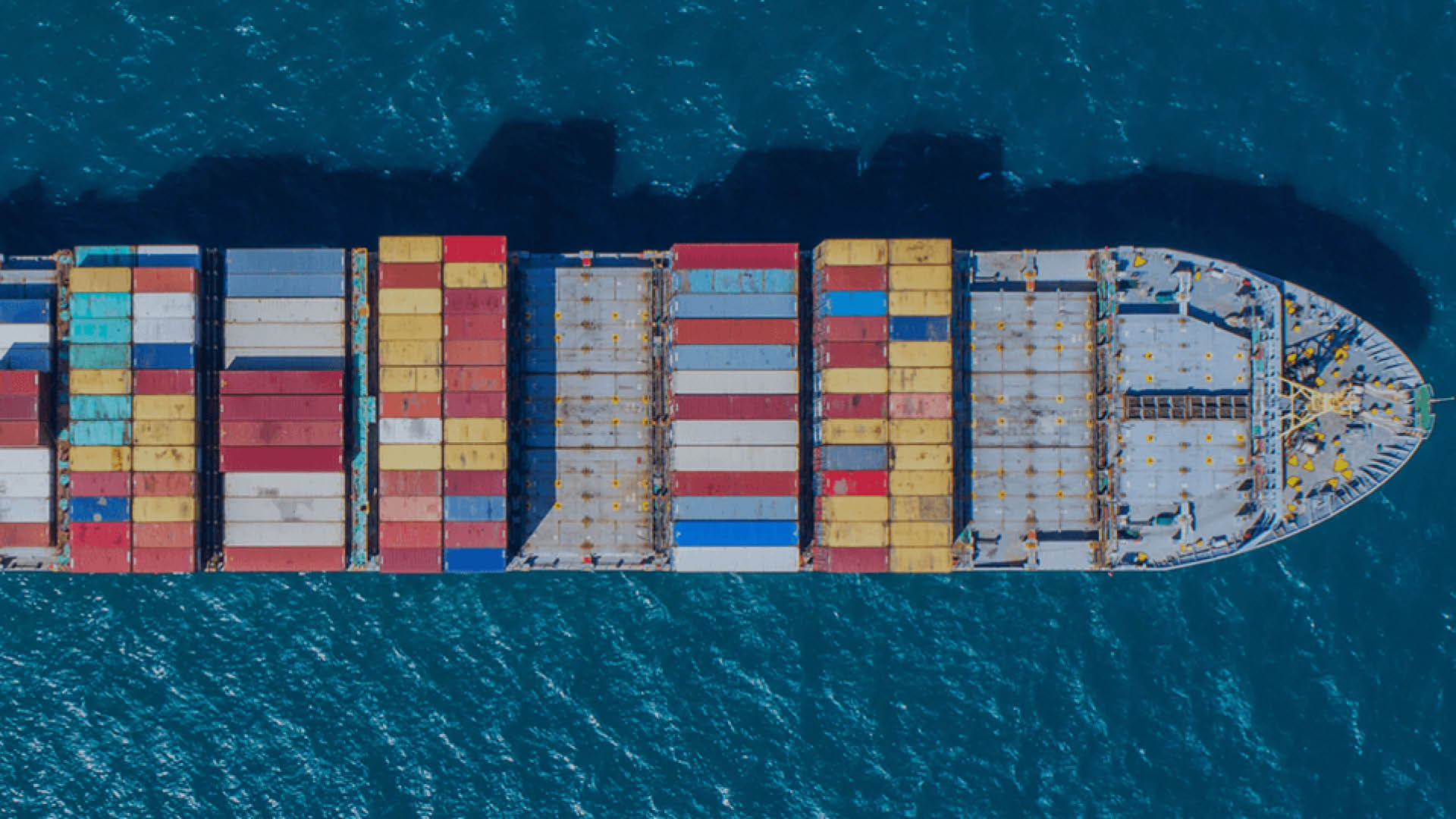
Published: 26 June 2023

Published: 26 June 2023

Published: 26 June 2023
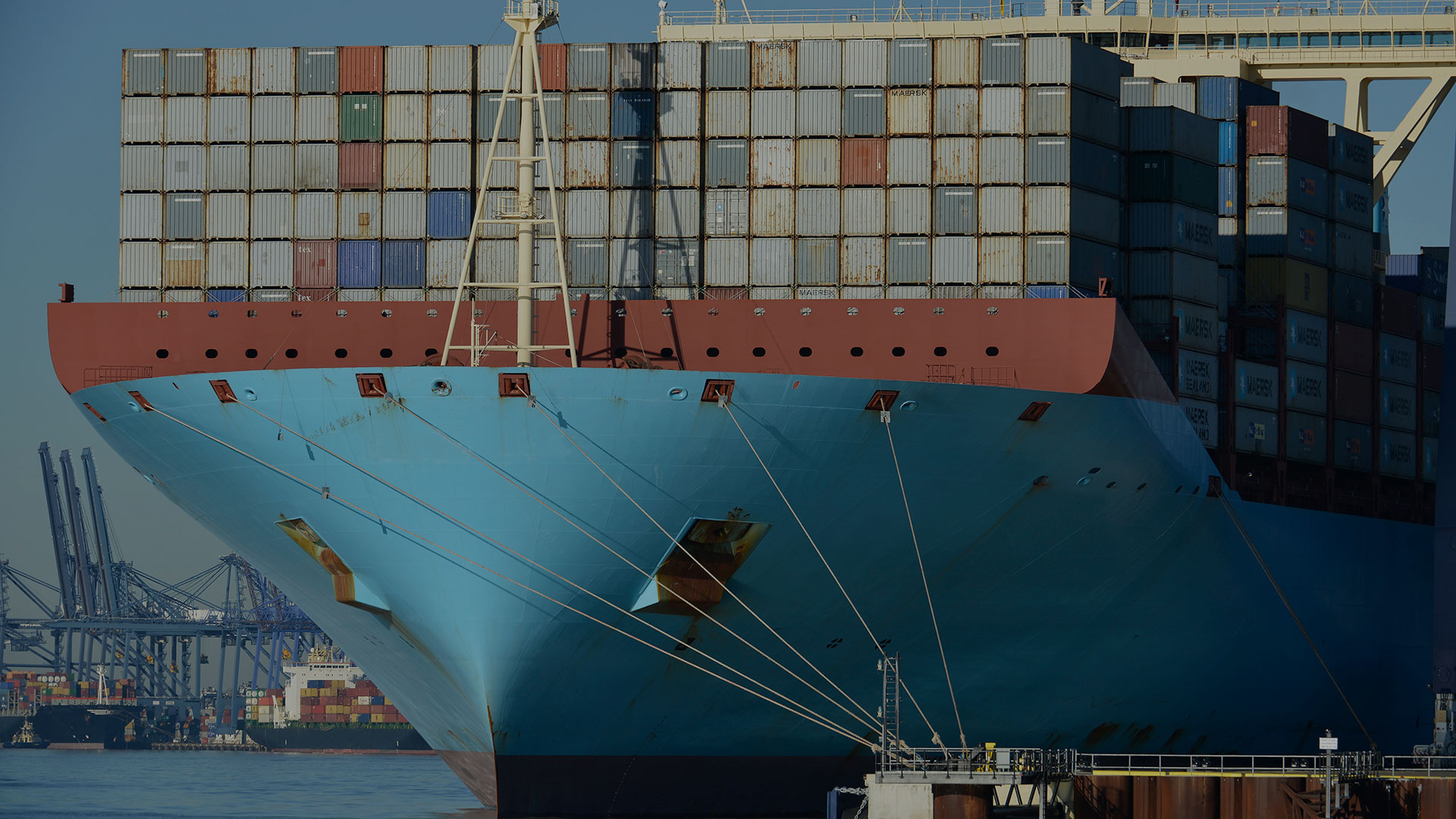
Published: 26 June 2023

Published: 26 June 2023
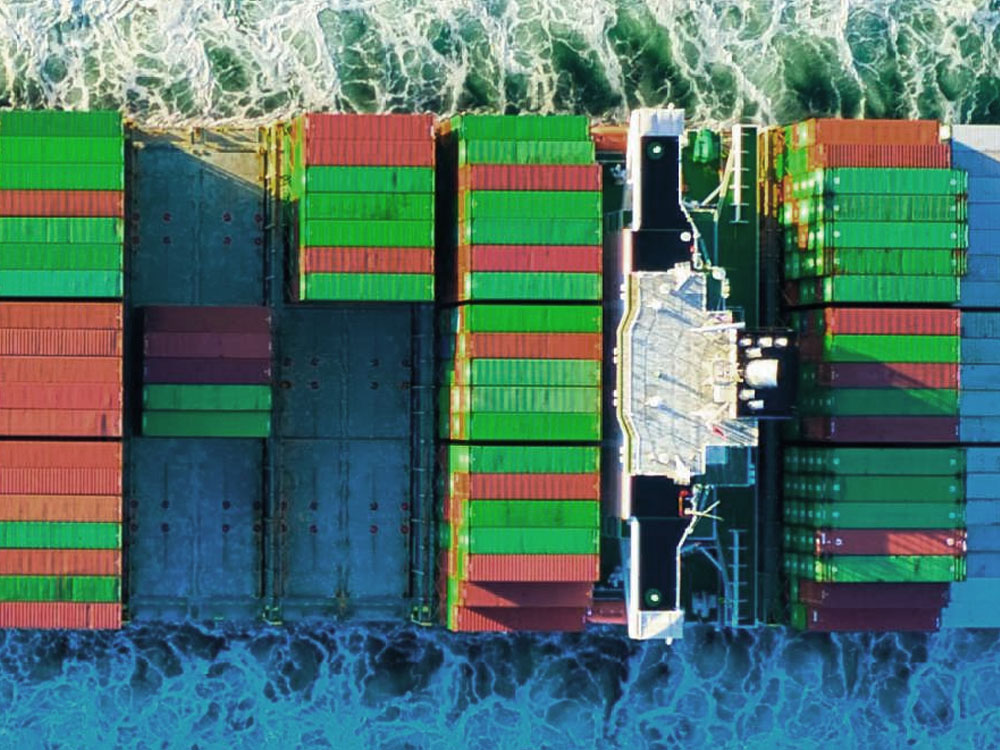
FLOODING OF CARGO HOLDS – WATER INGRESS FROM CARGO LINES, BILGE LINES AND FROM BALLAST TANKS
The Club has seen an increase in the number of incidents relating to water ingress into holds, the consequences of which can prove costly and cause delays to vessels’ schedules. … Continue reading FLOODING OF CARGO HOLDS – WATER INGRESS FROM CARGO LINES, BILGE LINES AND FROM BALLAST TANKS

IMSBC CODE AMENDMENTS 06-21 – WHAT IS CHANGING?
The International Maritime Solid Bulk Cargoes (IMSBC) Code has been amended. The recent amendments include revisions to existing schedules for solid bulk cargoes and also some revised definitions. WHEN IS … Continue reading IMSBC CODE AMENDMENTS 06-21 – WHAT IS CHANGING?

Published: 1 June 2023
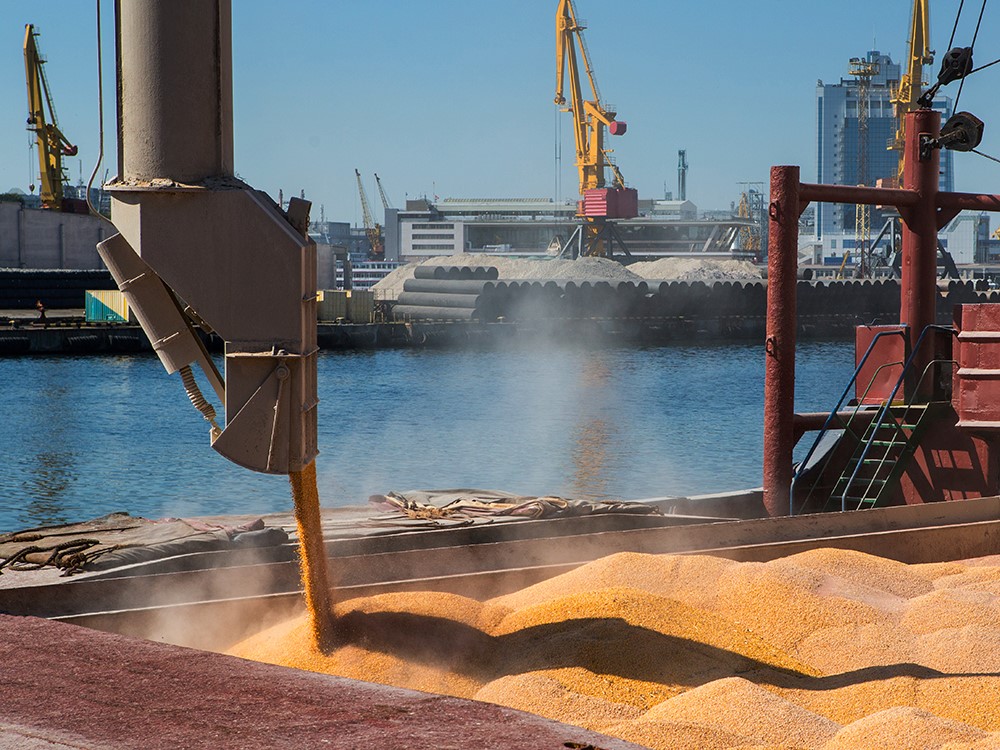
CARGO VENTILATION LOGS. THREE DEGREE RULE AND WHEN TO VENTILATE THE HOLD
The Club frequently encounters cases where there is apparent moisture damage to cargo. This damage may be to agricultural products, or rust damage to steel, for example, due to the … Continue reading CARGO VENTILATION LOGS. THREE DEGREE RULE AND WHEN TO VENTILATE THE HOLD

Published: 3 April 2023 Updated: 6 April 2023

WIND TURBINE BLADE TRANSPORT: CARGO CARE, CARGO OPERATIONS AND STOWAGE PLANS
The construction of offshore windmill farms has been a booming market over the last decade and expected to grow even further in the years to come as more and more … Continue reading WIND TURBINE BLADE TRANSPORT: CARGO CARE, CARGO OPERATIONS AND STOWAGE PLANS
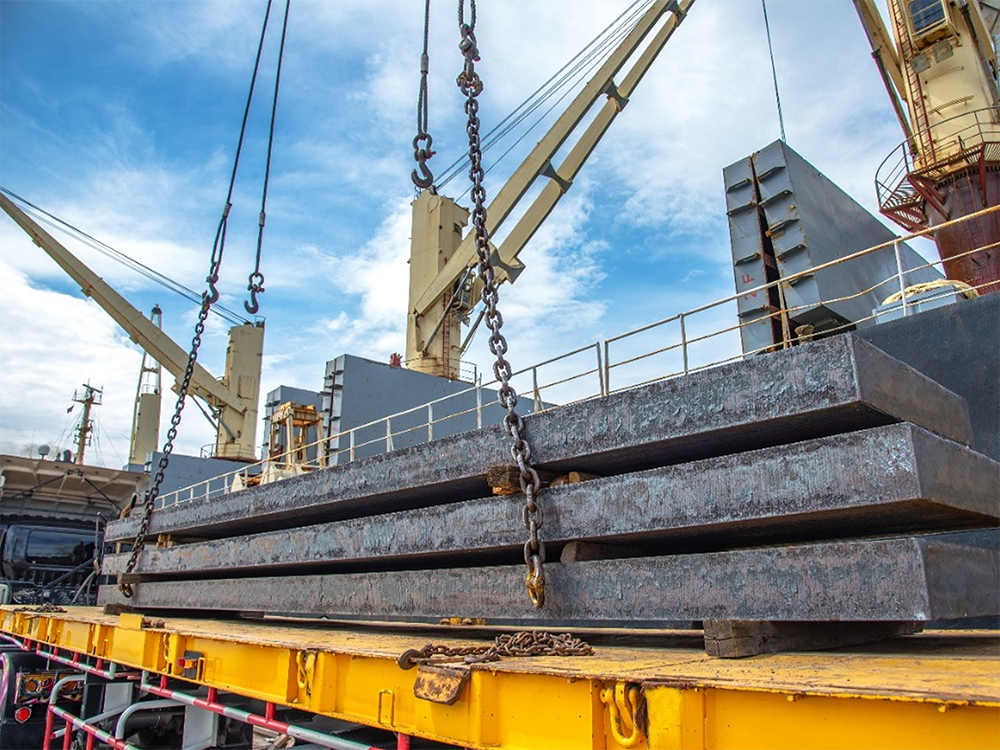
Published: 7 February 2023

UNDERSTANDING SCRAP METAL FIRES ON SHIPS – SAFE CARGO LOADING ADVICE
CARRIAGE OF SCRAPS Recently the Club has seen several incidents involving scrap showing signs of self-heating during voyages. As these incidents were well managed by the crew, they did not … Continue reading UNDERSTANDING SCRAP METAL FIRES ON SHIPS – SAFE CARGO LOADING ADVICE

Published: 31 January 2023
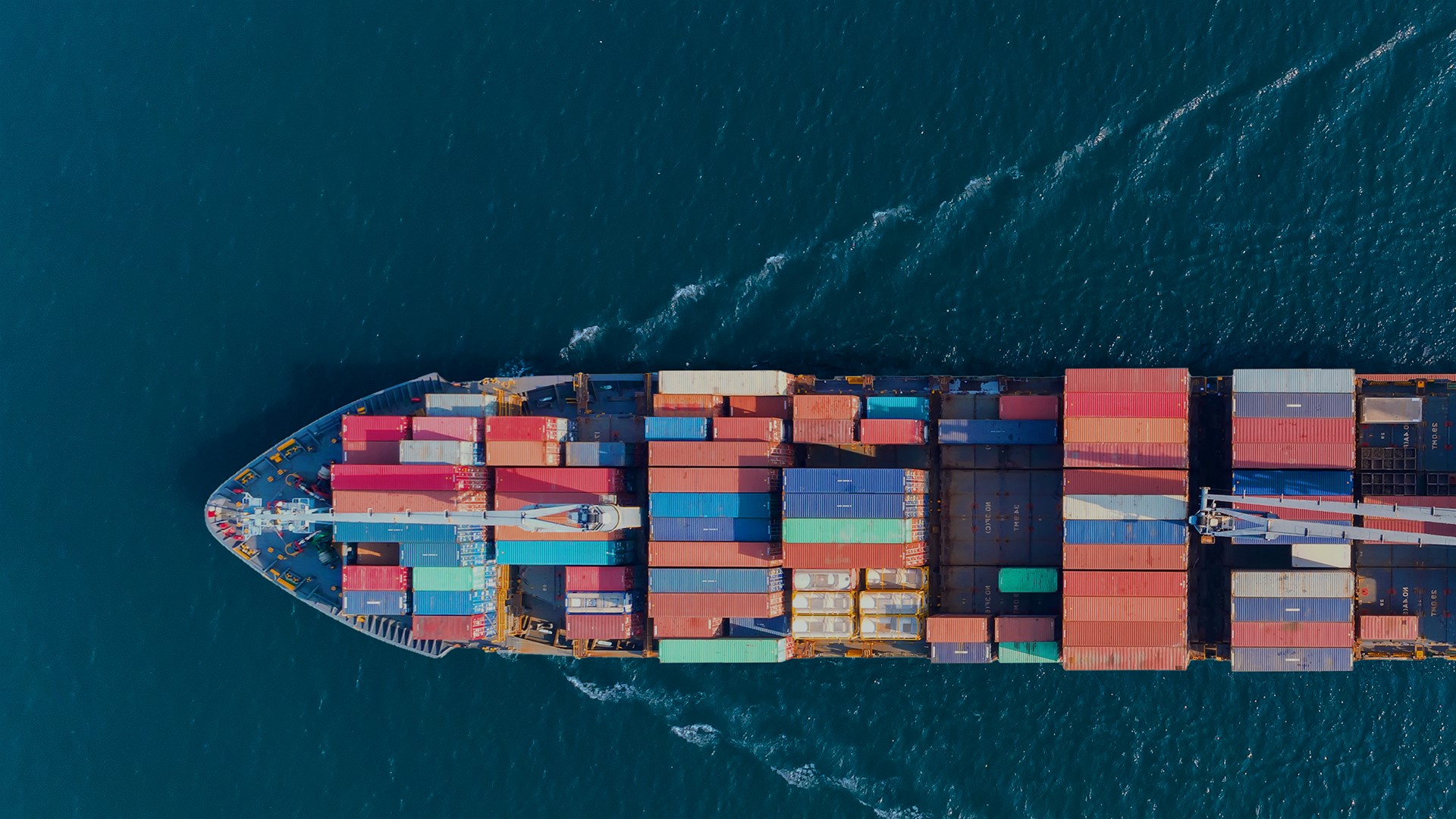
The Britannia loss prevention team organised five webinars in 2022 with a combined audience of more than 1,000 attendees. The webinars were hosted by Captain Simon Rapley, Captain Slav Ostrowicki … Continue reading WEBINAR RECORDINGS 2022

Published: 19 January 2023
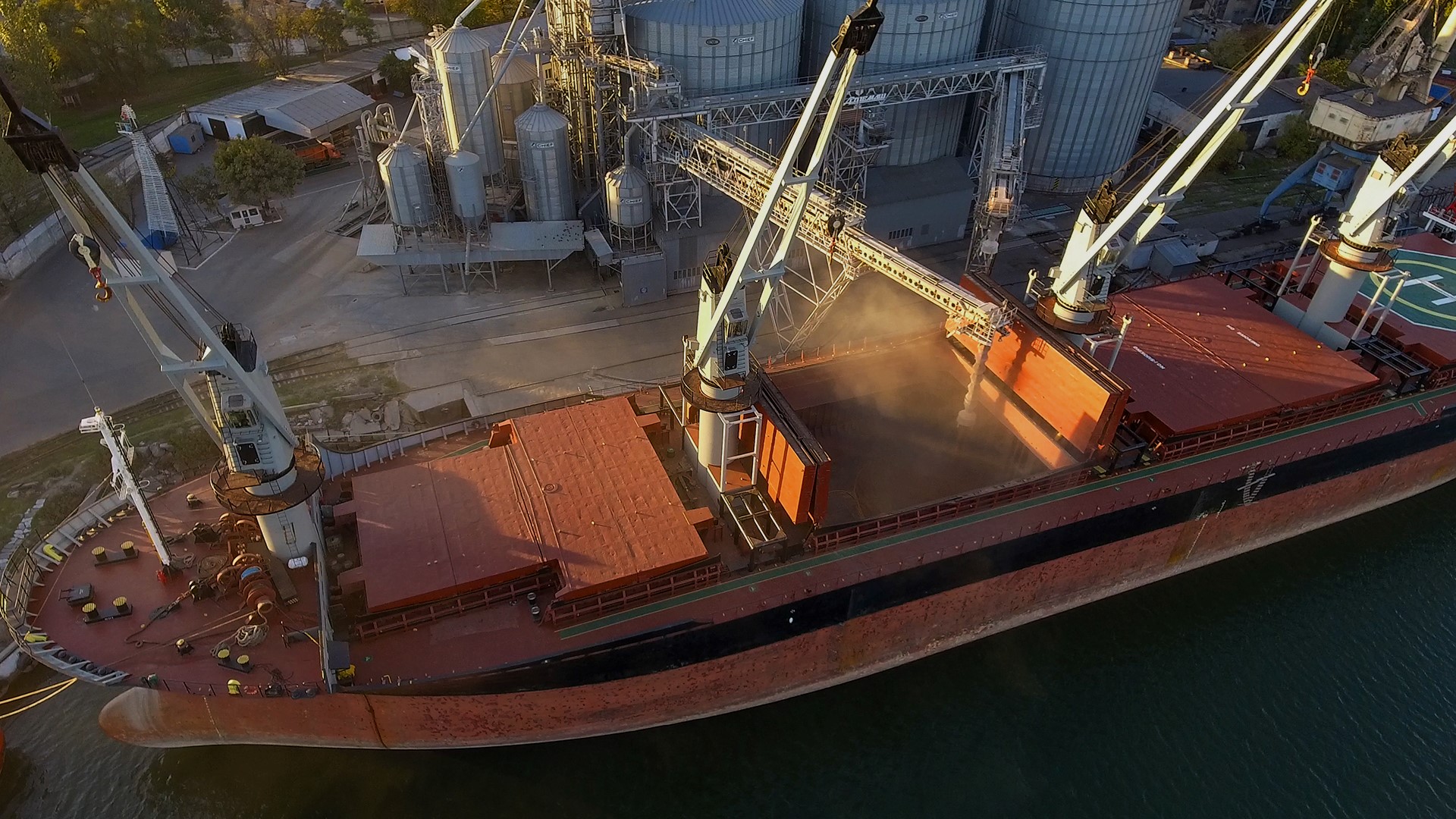
We have become aware that the above cargo (sometimes described as “Vegetable Residues” or “Olive Mill Waste Water (OMWW)”) is being offered for loading at ports in North Africa. Olive … Continue reading CARRIAGE OF OLIVE MARGINE

Published: 24 November 2022
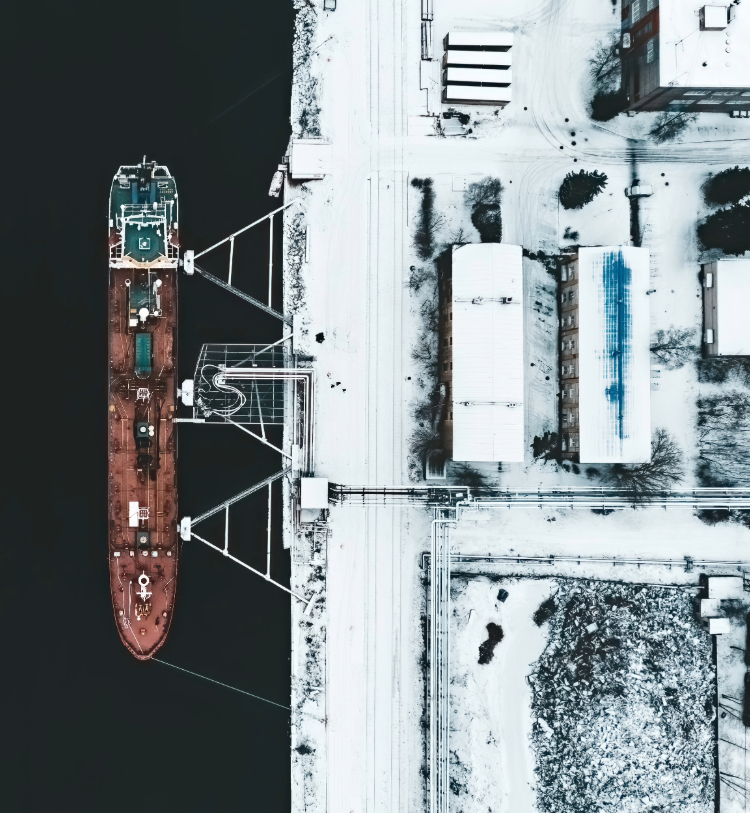
OPERATING A SHIP IN CONDITIONS OF ICE OR EXTREME COLD
We are now in the last quarter of the year, which means that winter is approaching in the northern hemisphere, bringing with it the risk of severe cold in certain … Continue reading OPERATING A SHIP IN CONDITIONS OF ICE OR EXTREME COLD

REDUCING CONTAINER LOSSES – OPERATIONAL GUIDANCE
When a vessel experiences adverse weather conditions, it is likely to face various kinds of dangerous phenomena that can lead to excessive rolling motions. For container vessels excessive rolling can … Continue reading REDUCING CONTAINER LOSSES – OPERATIONAL GUIDANCE

Published: 21 September 2022

The United Nations Joint Coordination Centre has issued detailed procedures for the safe export of grain, other foodstuffs and fertilizers; including ammonia, from the three Ukrainian ports covered by the … Continue reading UKRAINE: EXPORT OF GRAIN

Published: 1 September 2022
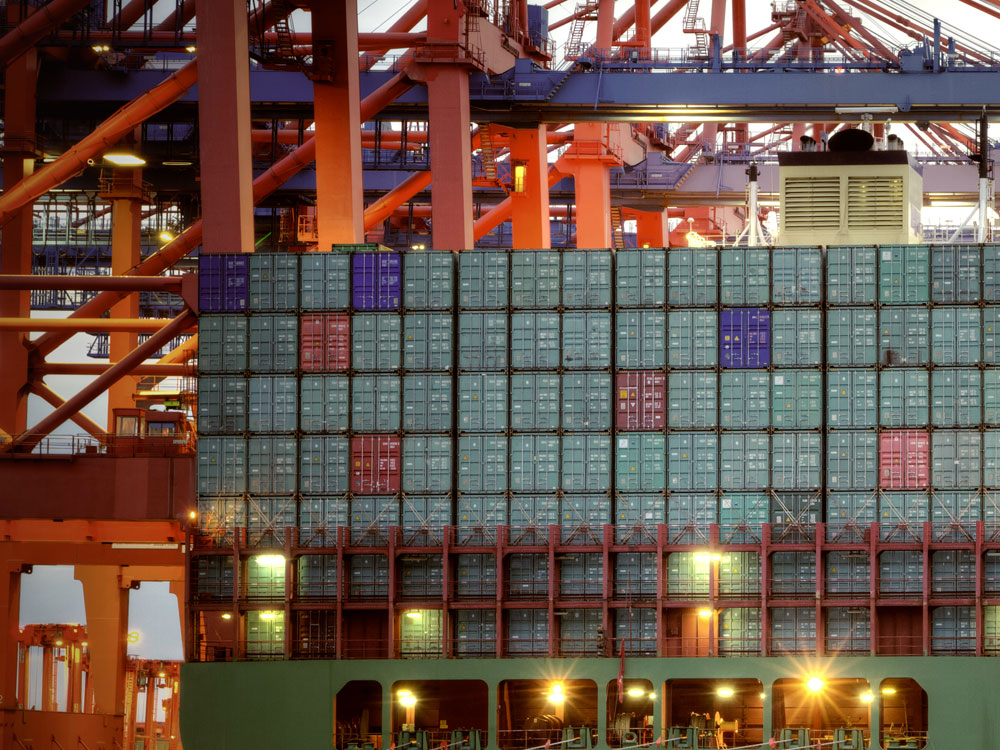
MISDECLARATION OF CARGOES IN CONTAINERS
On 4 March 2022 a fire broke out in the terminal at the quay in San Pedro port at Long Beach, USA. The United States Coast Guard reported that the … Continue reading MISDECLARATION OF CARGOES IN CONTAINERS
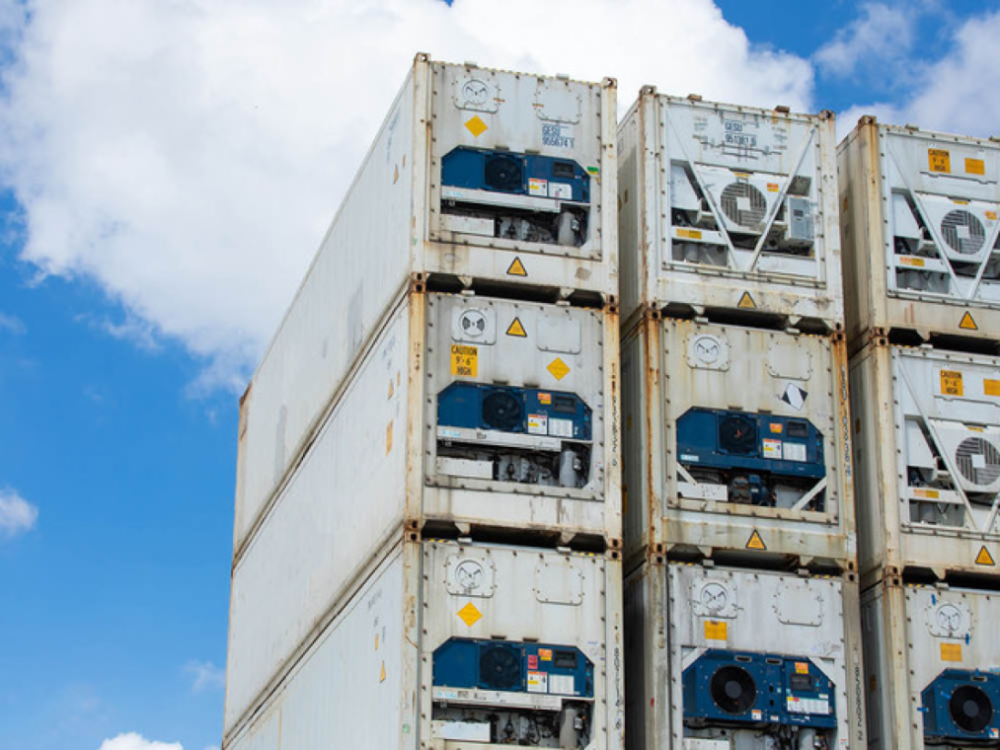
REFRIGERATED CONTAINER (REEFER CONTAINER) CARGO CARE & CLAIMS
Claims involving cargoes that are allegedly distressed upon receipt at a receiver’s premises, having been carried in a refrigerated container onboard a Member’s vessel, are commonplace. In the past two … Continue reading REFRIGERATED CONTAINER (REEFER CONTAINER) CARGO CARE & CLAIMS

Published: 12 April 2022

DRY BULK CARGO AND THE USE OF TEMPERATURE SENSORS
As many readers will know, cargo temperature sensors can be a vital tool for assessing the suitability of certain dry bulk cargoes for loading and also for helping to determine … Continue reading DRY BULK CARGO AND THE USE OF TEMPERATURE SENSORS

Published: 23 December 2021

LOSS PREVENTION INSIGHT – CARRIAGE OF GRAIN AND OILSEED CARGOES: AN OVERVIEW FOR THE MARITIME SECTOR
Published: 9 November 2021

LOADING CONTAINERS ON BULK CARRIERS – ADVICE FOR ENSURING THE SAFE CARRIAGE OF CARGO
The Club has recently seen an increased number of enquiries regarding the carriage of containers on bulk carriers. Accepting such trade requires certain considerations to ensure associated risks are safely mitigated.

Published: 14 September 2021 Updated: 6 October 2021
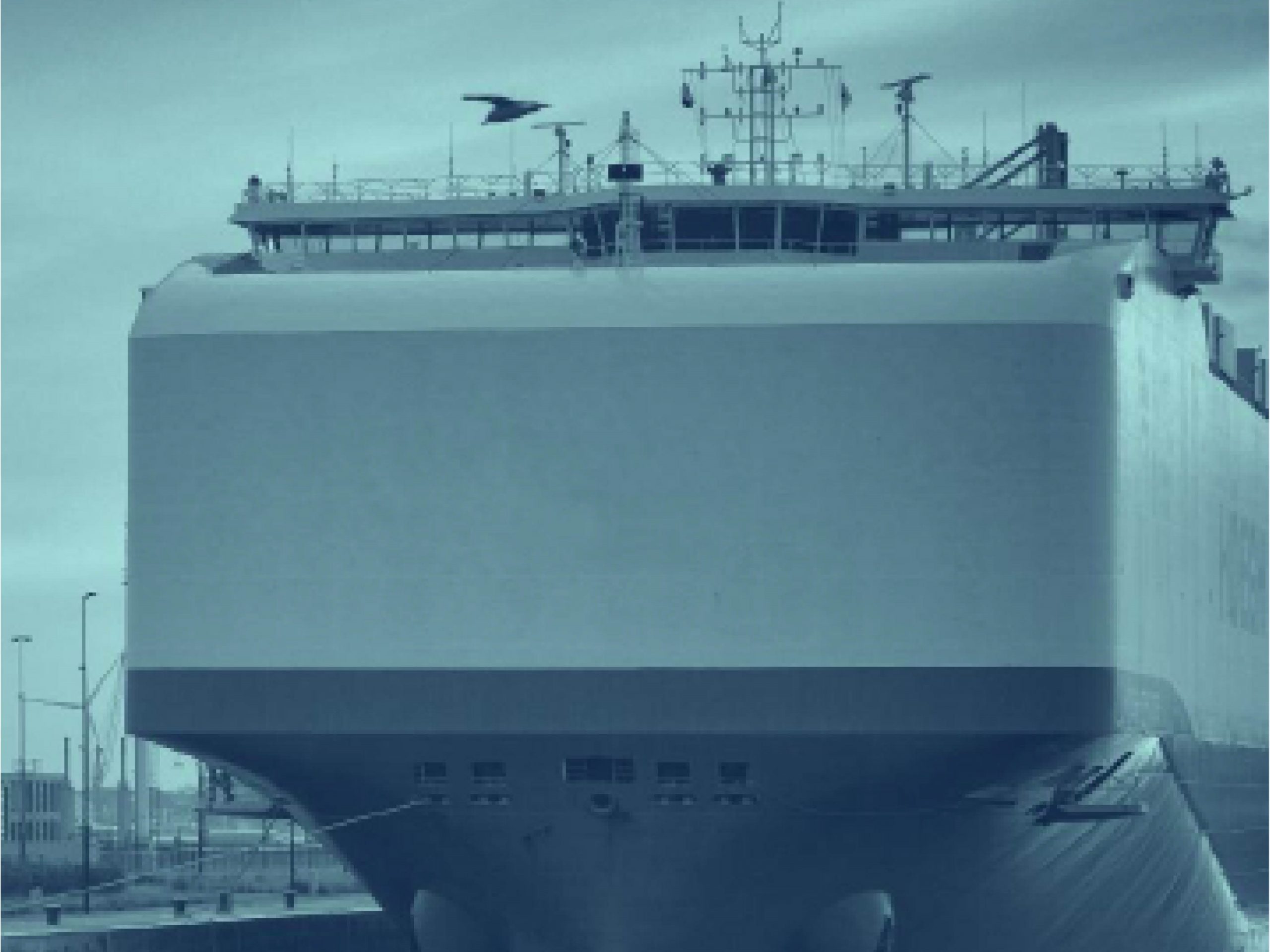
Published: 4 August 2021

OVERVIEW Coal is an important, widely-used source of energy and a chemical raw material, which is transported globally in large quantities; more than a billion tonnes of coal per year … Continue reading GUIDANCE ON THE CARRIAGE OF COAL CARGO – LOADING, MONITORING, VENTILATION AND THE ISMBC CODE FOR COAL

BRITANNIA LOSS PREVENTION WEBINAR: CARGO MATTERS – VENTILATION AND FUMIGATION
Thank you to the 200 plus attendees at our Loss Prevention department webinar: Cargo Matters – Ventilation and Fumigation on Tuesday 29 September 2020. Hosted by Neale Rodrigues, the presenters … Continue reading BRITANNIA LOSS PREVENTION WEBINAR: CARGO MATTERS – VENTILATION AND FUMIGATION

Published: 2 October 2020

THE CARRIAGE OF VEHICLES IN BULK CARRIERS – INCLUDING ADVICE ON SAFE STOWAGE
Britannia’s Loss Prevention department has in recent months noted a number of claims and potential near misses relating to the carriage of break-bulk and general cargoes, particularly in bulk carriers … Continue reading THE CARRIAGE OF VEHICLES IN BULK CARRIERS – INCLUDING ADVICE ON SAFE STOWAGE

Published: 7 May 2020
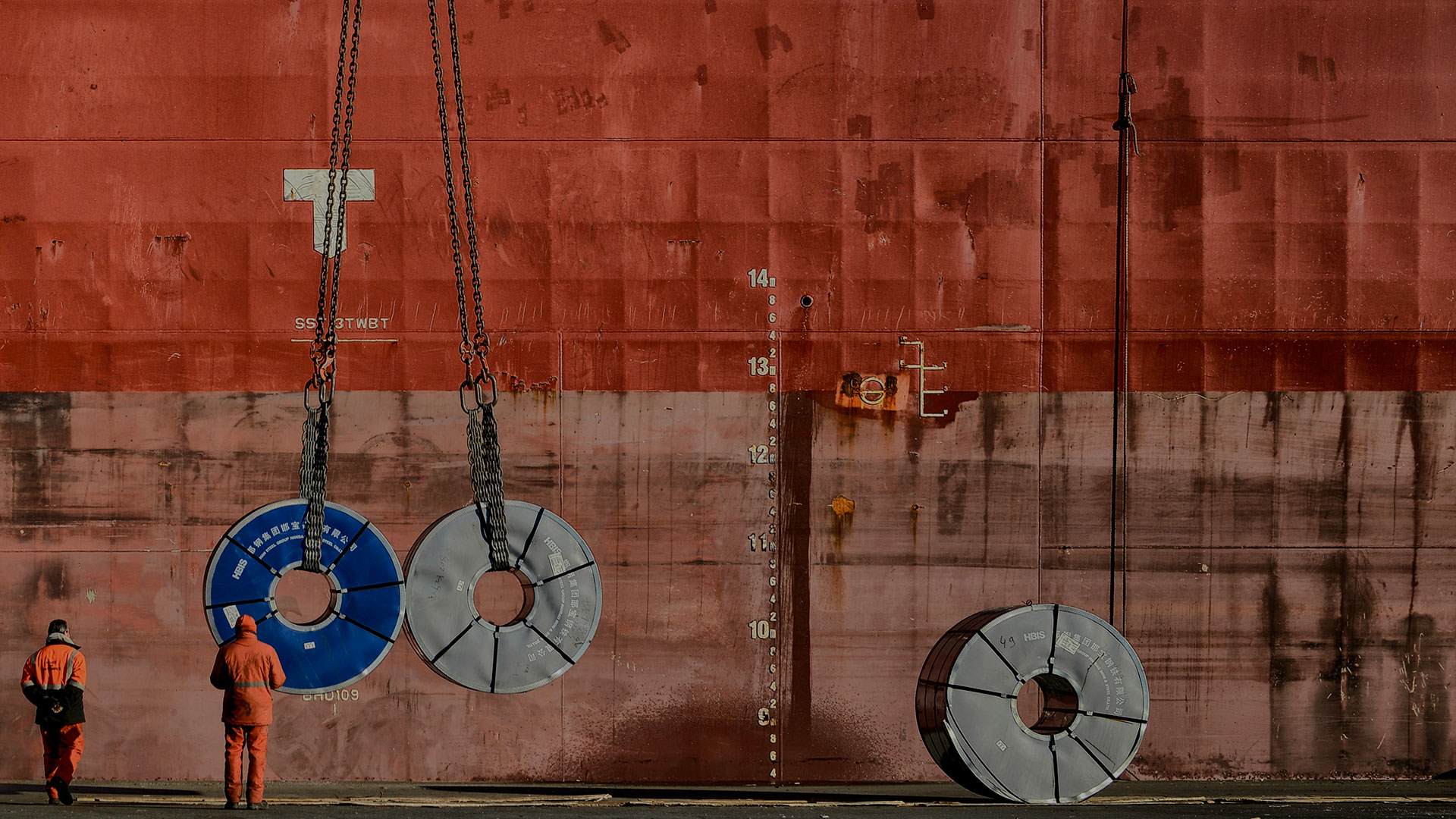
LPG SHORTAGE CLAIMS : SHORE TANKS MAY BE UNABLE TO RECEIVE THE FULL AMOUNT OF CARGO
The Club has handled a case where a liquid petroleum gas (LPG) carrier was subject to a shortage claim at the discharge port despite the shore tanks being unable to … Continue reading LPG SHORTAGE CLAIMS : SHORE TANKS MAY BE UNABLE TO RECEIVE THE FULL AMOUNT OF CARGO

Published: 15 January 2020

GAS CARRIERS : MAKE SURE THAT THE CREW HAVE APPROPRIATE TRAINING
With design and technology advances a new generation of gas carrier is being built that is capable of carrying segregated cargoes of gases, which may each require different cooling specifications. … Continue reading GAS CARRIERS : MAKE SURE THAT THE CREW HAVE APPROPRIATE TRAINING

Published: 15 January 2020

TANK COVER – REMEMBER TO REPLACE…
Tank inspections are an important part of the planned maintenance programme on board. Entering a tank involves many personal dangers which are well known for most seafarers and should never … Continue reading TANK COVER – REMEMBER TO REPLACE…

Published: 1 December 2018

LIQUEFACTION – CAUTION REMAINS THE WATCHWORD
With shipments of iron ore and bauxite on the increase, this article is intended to provide guidance on practical steps which should be taken when Members receive orders for loading … Continue reading LIQUEFACTION – CAUTION REMAINS THE WATCHWORD

Published: 1 June 2018

SOYABEANS GETTING HEAT DAMAGED
Britannia Members have received several claims in recent years relating to heat damaged soyabean cargo. Claims of this nature can be relatively expensive because of the high value of a … Continue reading SOYABEANS GETTING HEAT DAMAGED

Published: 1 August 2017

There has been a recent case of a Member finding a significant number of cockroaches on board a modular container ship which required all the cargo to be discharged and … Continue reading AVOID COCKROACHES

Published: 1 April 2017

PHOSPHORIC ACID CARGOES FROM INDIA
There have been recent incidents where stainless steel cargo tanks of chemical tankers have been damaged following the carriage of phosphoric acid cargoes from the east coast of India. The … Continue reading PHOSPHORIC ACID CARGOES FROM INDIA

Published: 1 January 2017

CARGO DAMAGE: INADEQUATE PACKAGING
In a recent case reported to the Club, a consignment of pressure boiler parts was physically damaged during moderately heavy weather whilst en route from Hong Kong to Houston. The … Continue reading CARGO DAMAGE: INADEQUATE PACKAGING

Published: 1 January 2017

HOLD FLOODING – RUBBISH BLOCKING BILGES
In a recent case reported to the Association, holds were flooded, despite the fact that the bilges were being properly monitored. In the case in question, hold no. 4 of … Continue reading HOLD FLOODING – RUBBISH BLOCKING BILGES

Published: 1 August 2016

CARRIAGE OF CHARCOAL AND OTHER CARBON CARGO: UN NUMBERS 1361 & 1362 AND PACKING GROUPS
The Club is aware of a number of recent fires caused by activated and non–activated charcoal and charcoal products. In many cases, the charcoal was not correctly declared or not … Continue reading CARRIAGE OF CHARCOAL AND OTHER CARBON CARGO: UN NUMBERS 1361 & 1362 AND PACKING GROUPS

Published: 1 April 2016

COAL : RISKS OF LOADING COAL FROM BARGES IN INDONESIA
The Club has had recent experience of several cases where inadequate monitoring of Indonesian coal before loading and during voyages has given rise to safety concerns. Indonesia is one of … Continue reading COAL : RISKS OF LOADING COAL FROM BARGES IN INDONESIA

Published: 1 December 2015

INTRODUCTION The carriage of bagged rice cargo is a potentially hazardous undertaking, with claims running to millions of dollars when problems arise – particularly in the trade between South East … Continue reading SAFE CARRIAGE AND CARE OF RICE CARGO BY SHIP – MINIMISE CLAIMS RELATING TO LOADING, TRANSPORT AND UNLOADING

Published: 1 December 2015

The Club continues to receive a significant number of claims which could have been reduced or avoided if the bilges had been properly monitored. A recent case involved wet damage … Continue reading BILGES

Published: 1 December 2015

This article continues our series highlighting good practices that can be shared with Members and looks at contamination claims from tankers. We have recently reviewed a number of tanker contamination … Continue reading TANKER CONTAMINATION CLAIMS

Published: 1 August 2015

TANKER SHORTAGE CLAIMS : CARGO REMAINING ON BOARD (ROB)
This article continues our series highlighting good practices that can be shared with Members and looks at shortage claims due to cargo residues remaining on board (ROB). Claims for short-landed … Continue reading TANKER SHORTAGE CLAIMS : CARGO REMAINING ON BOARD (ROB)

Published: 1 August 2015

Recently, the Club has experienced several incidents involving damage to break bulk cargo. These damage claims primarily fall into two categories: The first is inadequate loading, stowage and securing of … Continue reading BREAK BULK CARGOES HANDLING PROCEDURES. LOADING, STOWAGE AND SECURING OF BREAK BULK AND PROJECTCARGOES
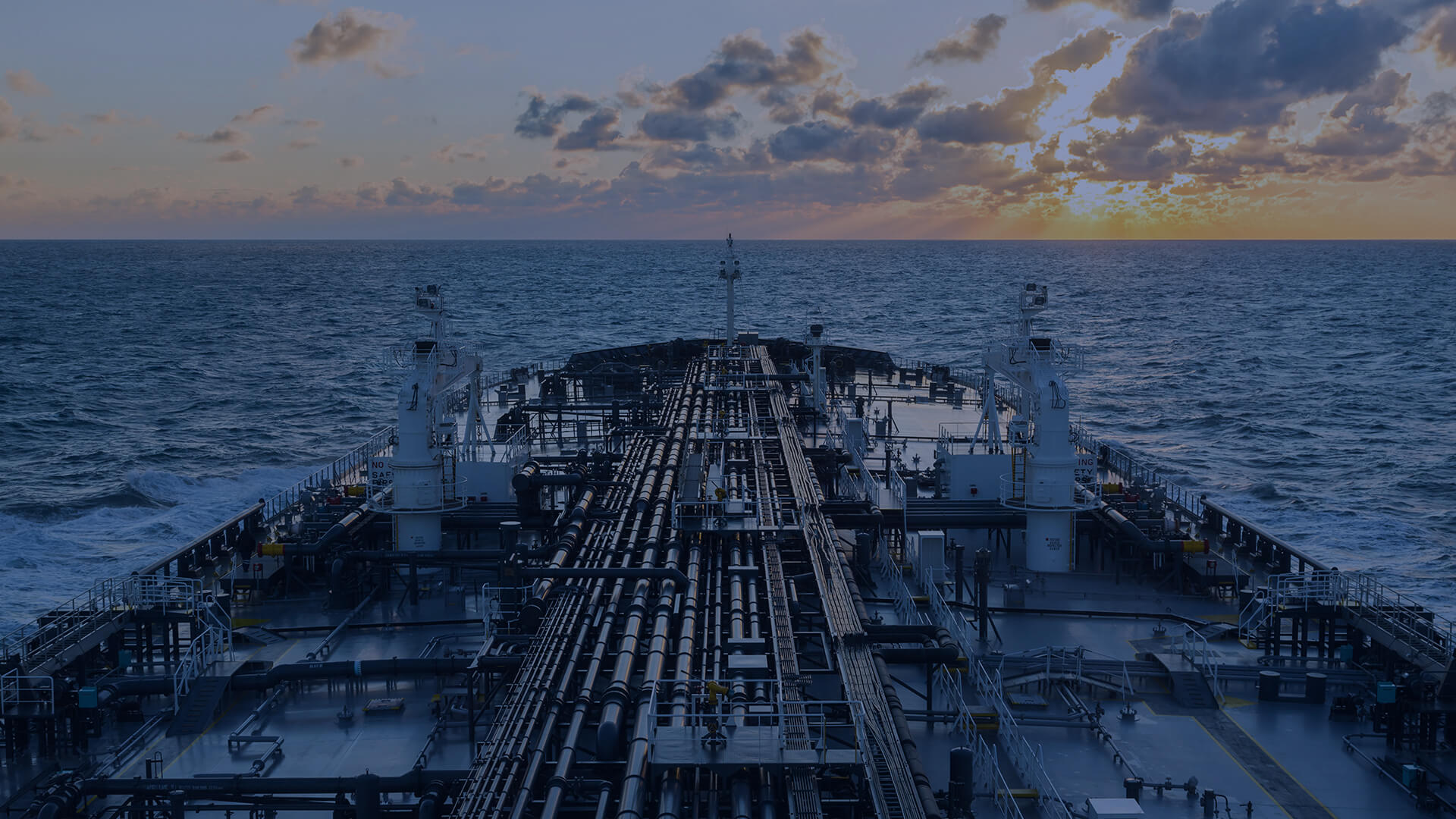
CARGO LIQUEFACTION: AN INTRODUCTION
Since late 2009 dry bulk shipping has been plagued by the coincidence of a substantial downturn in earnings and the prevalence of cargoes being offered by charterers which are ultimately … Continue reading CARGO LIQUEFACTION: AN INTRODUCTION

Published: 7 July 2015

THE IMPORTANCE OF BILGE PUMPING RECORDS
On completion of discharge of dry bulk cargoes there are often allegations of shortlanding, the discharge port draught survey showing a substantially different cargo quantity than that at load port … Continue reading THE IMPORTANCE OF BILGE PUMPING RECORDS

Published: 1 August 2014

CARRIAGE OF BAGGED CARGOES : SOME POINTS TO REMEMBER
The carriage of bagged cargoes requires additional care to be exercised by the crew throughout all stages of the voyage in order to reduce the risk of claims relating to … Continue reading CARRIAGE OF BAGGED CARGOES : SOME POINTS TO REMEMBER

Published: 1 December 2013

HATCH COVER MAINTENANCE – PROCEDURES, ROUTINES AND TESTING
The lack of hatch cover maintenance and/or improper repairs to hatch covers has been shown to be the primary cause of water ingress into the cargo holds which can lead … Continue reading HATCH COVER MAINTENANCE – PROCEDURES, ROUTINES AND TESTING

CHEMICAL TANKERS: CARRIAGE AND SAMPLING OF CARGOES OF BENZENE
Benzene is an organic chemical compound classed as a hydrocarbon. A constituent of crude oil, benzene is a basic petrochemical product usually extracted from mineral oils. The main use of … Continue reading CHEMICAL TANKERS: CARRIAGE AND SAMPLING OF CARGOES OF BENZENE

Published: 1 August 2013

 English
English